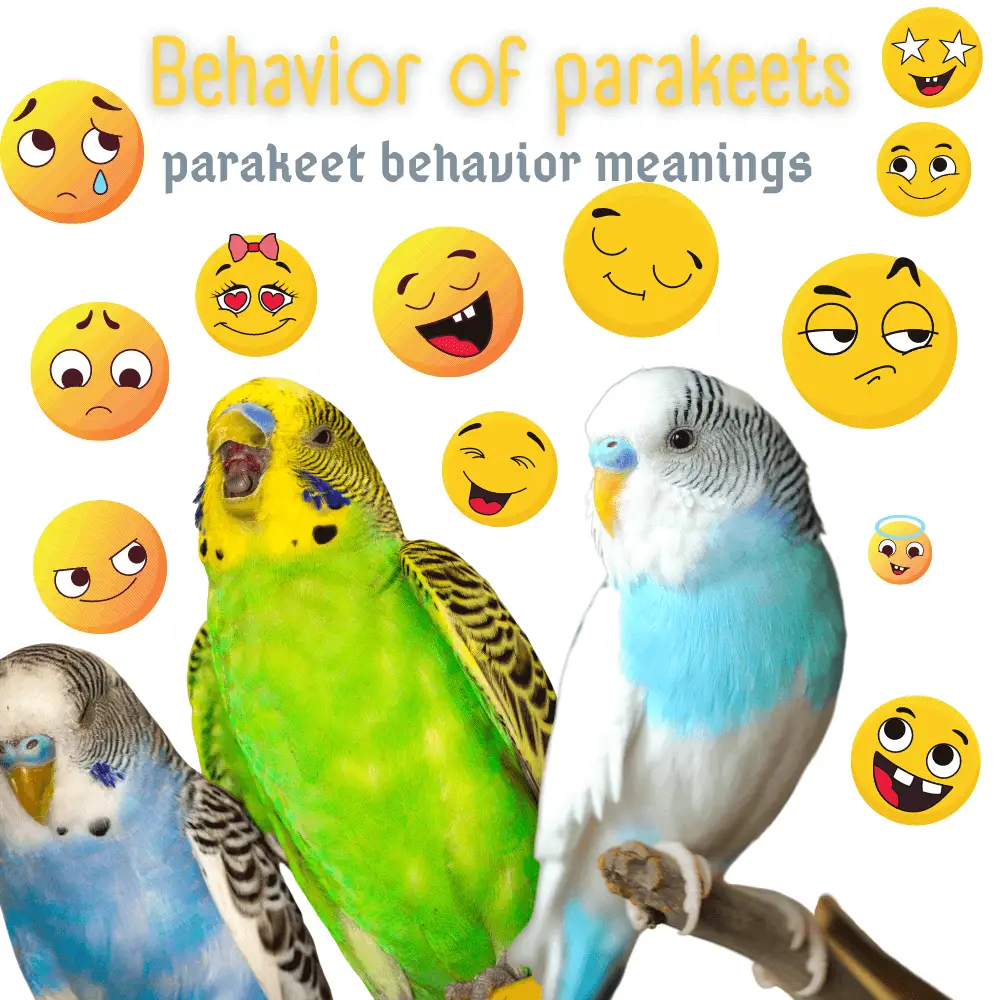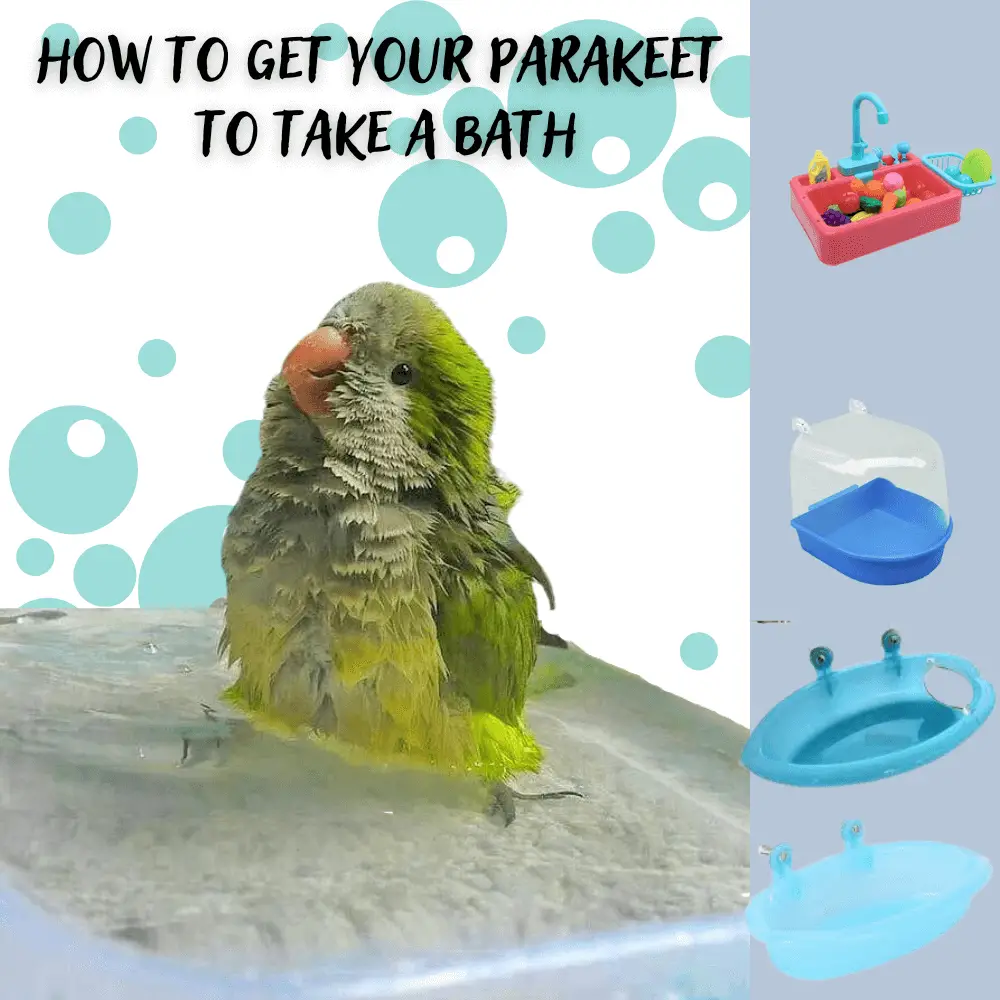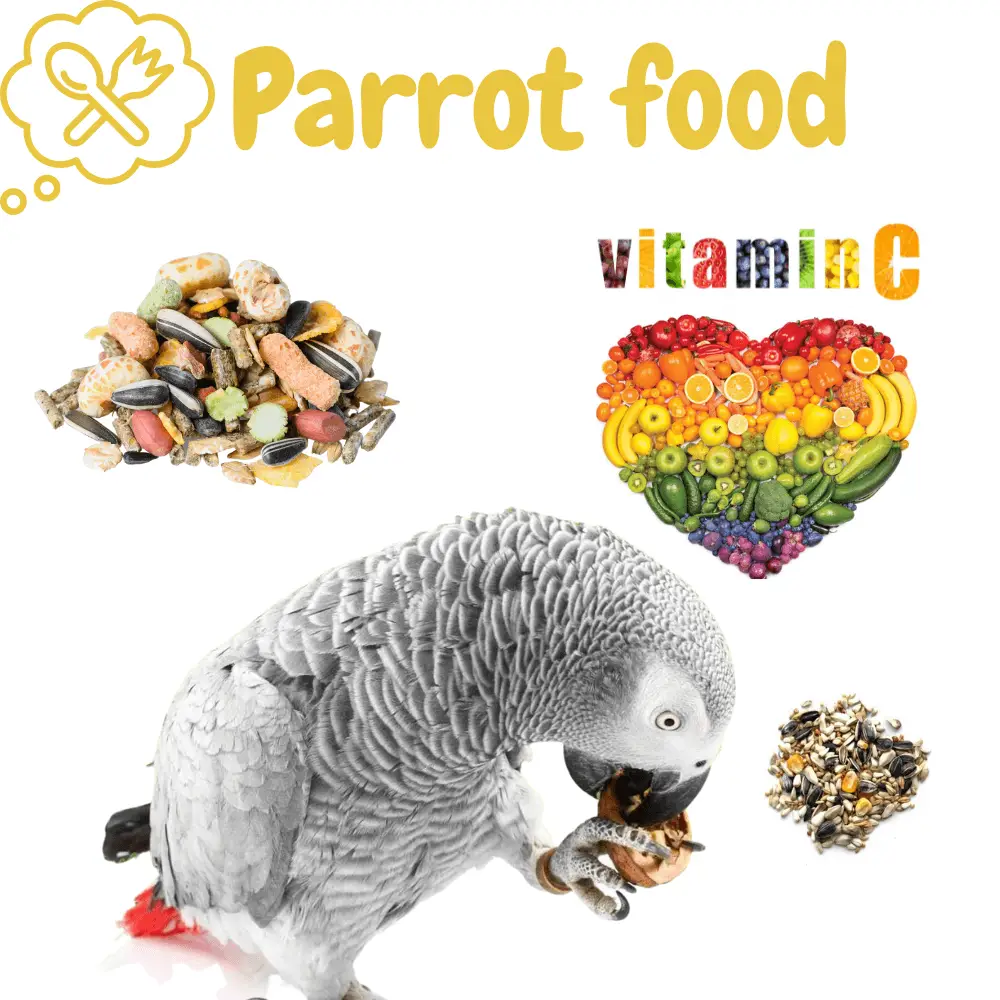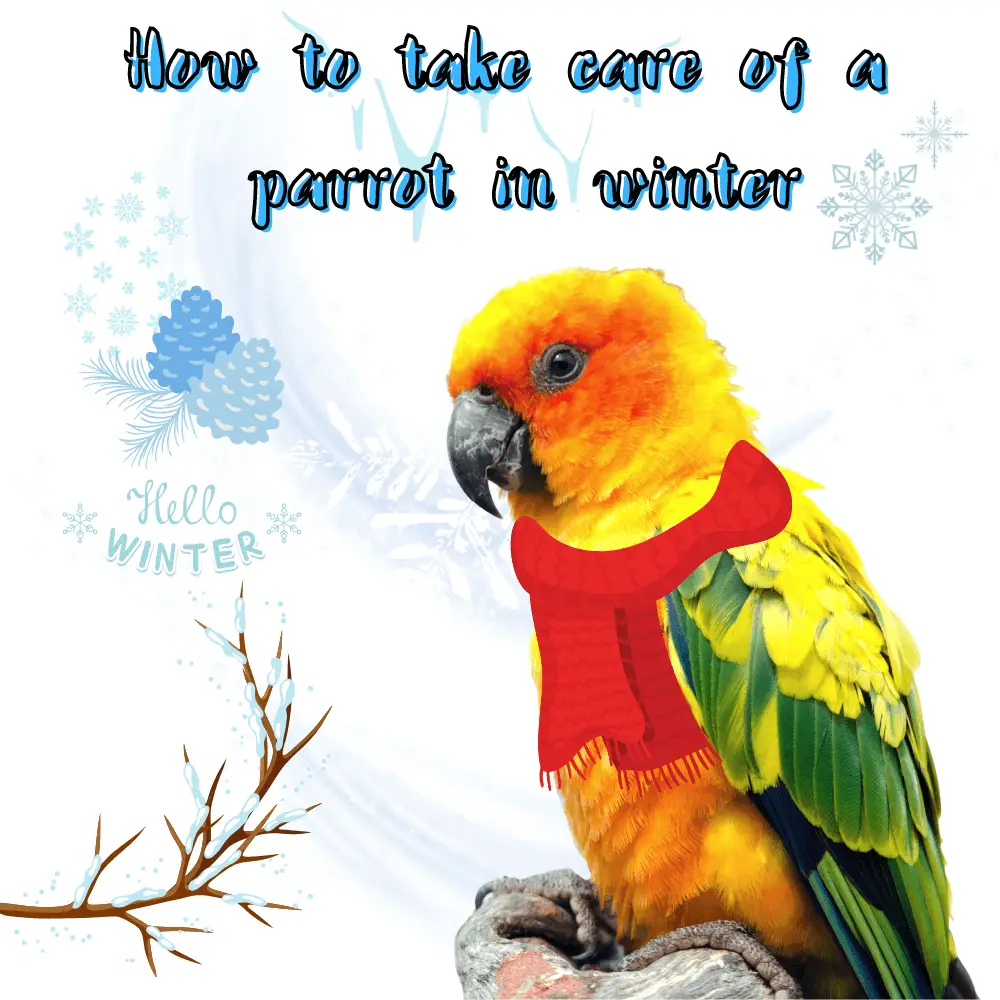How to take care of a parrot in winter: This exotic specimen is native to tropical climates. The cold can therefore be detrimental to his health.
Due to its intelligence, beauty, and grace when talking, the parrot has become the favorite pet of many children and adults. In addition to good hygiene and a good diet, a parrot must be protected from the cold.
Below, we summarize the basic care to give a parrot in winter, to help you keep your pet parrot healthy. So keep reading!
Parrot behavior

We generically call “parrot” more than 300 species of birds that make up the order Psittasiformes. Among those that have been most popularized as pets are cockatoos, macaws, and parakeets.
There are many discussions about how they are organized into subfamilies and races, but the physical similarities these birds share are visible, namely their short and strong hooked beak, attractive colorful plumage, and short and rounded wings. and orientation of their fingers.
The beauty of the plumage, the intelligence, and the ease of learning to speak are undeniable attractions of these species. However, a bird develops its abilities properly only when it is healthy and feels safe. For this reason, before adopting a parrot as a pet, it is essential to know its basic needs.
How to keep parrots warm in winter
Preventive medicine is a crucial aspect of caring for a parrot as a pet. parrots can easily get sick, not only from the cold but also from an unbalanced diet or poor hygiene.
Adequate preventive medicine should include regular visits to the veterinarian, periodic vaccination and deworming, regular hygiene habits, and a balanced diet. It should be remembered that responsible ownership of birds is essential to preserve these species and prevent the spread of various zoonoses.
If the coldest days of the year are approaching, the ideal is to quickly take your parrot to a specialized veterinarian. Indeed, it is important to make a health check before winter, in order to avoid the aggravation of any pathology. In addition, you can take advantage of the consultation to deworm it.
The hygiene of a parrot is decisive

It is very important not to neglect the hygiene of your parrot with the onset of cold weather. Birds are naturally clean animals, but they are easily affected by internal and external parasites. These microorganisms spread easily in their cage and accessories.
You should clean the feces tray and food debris daily. The accumulation of these residues promotes the multiplication of various pathogens in the house.
It’s also essential to sanitize your parrot’s cage and space twice a week. All accessories should be washed and disinfected to eliminate fungi and bacteria.
There are specific products to fight against ectoparasites in birds, mainly red mites. It is recommended to use them as a means of prevention.
In addition, it is relevant to check the parrot’s legs, feathers, and beak every week. In the event of a wound or any alteration, it is essential to go to the veterinarian quickly.
The ideal environment to protect a parrot from the cold
Parrots are native to hot, tropical, and subtropical countries, where temperatures do not vary greatly. With the onset of winter, the environment must be changed to protect the animal from low temperatures.
The most important thing is to avoid exposing your parrot to bad weather during the winter. Rain, snow, winds, cold snaps… All of this can pose a serious threat to your pet’s health.
If the animal is used to living outside the home, it must be ensured that it is very well protected. For parrots raised indoors, the location of the cage is also critical. Avoid leaving it very close to a window or where there are drafts.
Heating is excellent for maintaining stable temperatures – around 24°C – and providing comfort. However, if the environment becomes too dry, your parrot may develop certain respiratory diseases. For this reason, it is recommended to humidify the environment or spray water on their feathers twice a week.
Parrot diet
 How to take care of a parrot in winter
How to take care of a parrot in winter
In the wild, parrots have a varied diet and easily adapt to almost any type of food. About 80% of your diet should consist of fruits and vegetables. The remaining 20% can be supplemented with seeds and grains.
During the winter, it is important to offer your parrot a more caloric diet, rich in proteins, carbohydrates, and lipids. You should include boiled eggs, yogurt, and rice two to three times a week.
Depending on your pet’s diet, you can also increase the intake of nuts such as walnuts, chestnuts, peanuts, or sunflower seeds. But beware: excessive consumption of these seeds can cause liver damage.
Finally, do not neglect its hydration, especially in a heated environment. He must always have fresh, clean water available. You will have to clean its container daily and constantly change its contents.
How to Keep Your Parrot Warm in the Winter
SOURCE: BirdNerdSophie

